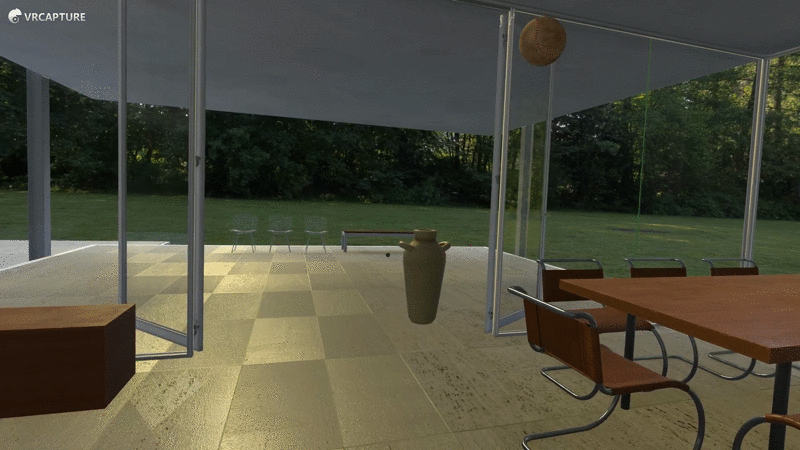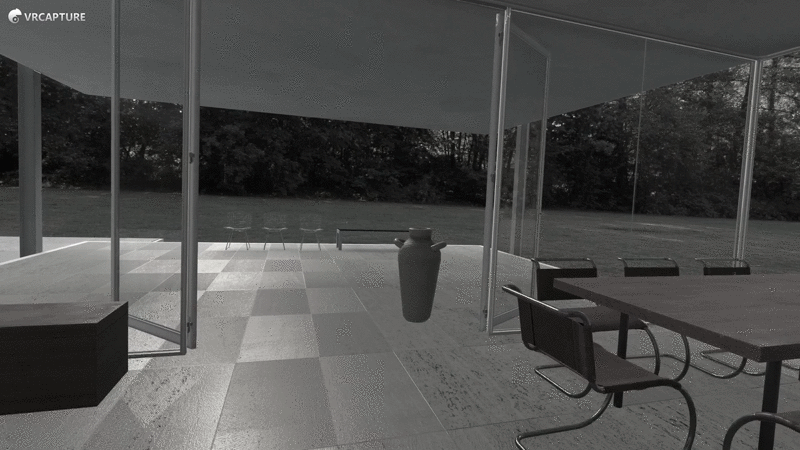UnReal - Investigating the Sense of Reality
We trust our perceptions to be accurate depictions of the world, which we conceive as “Reality”, but common neuropsychiatric symptoms such as hallucinations and illusions challenge this conviction. Thus, the Sense of Reality (SoR), which is the ability to discriminate between true and false perceptions of the world, is a central criterion for neurological and psychiatric health.
Despite the central role of SoR in our daily life, little is known about how this is formed in the mind and brain. We tackle this question via a specialized virtual reality environment allowing us to create parametrically controlled virtual Hallucinations. Using this VR platform, we are building a phenomenological and computational model of SoR, which will be used as a framework to investigate the neural mechanisms of SoR in neuro-typical and altered states of consciousness.
We will then use this framework to investigate the neural mechanisms underlying SoR by combining our VR paradigm with high resolution fMRI. Finally, we will investigate conditions of altered SoR, either of psychiatric origin or pharmacological origin. Here, we will test SoR under conditions of altered reality processing in schizophrenia patients with hallucinations and in a pharmacological model through administration of ketamine in healthy participants. This project will have important implications not only in defining a neurocognitive model of reality in healthy and clinical populations, but also shedding new light upon the fundamental philosophical question of “How do we know what is real?”.
- Publications
















